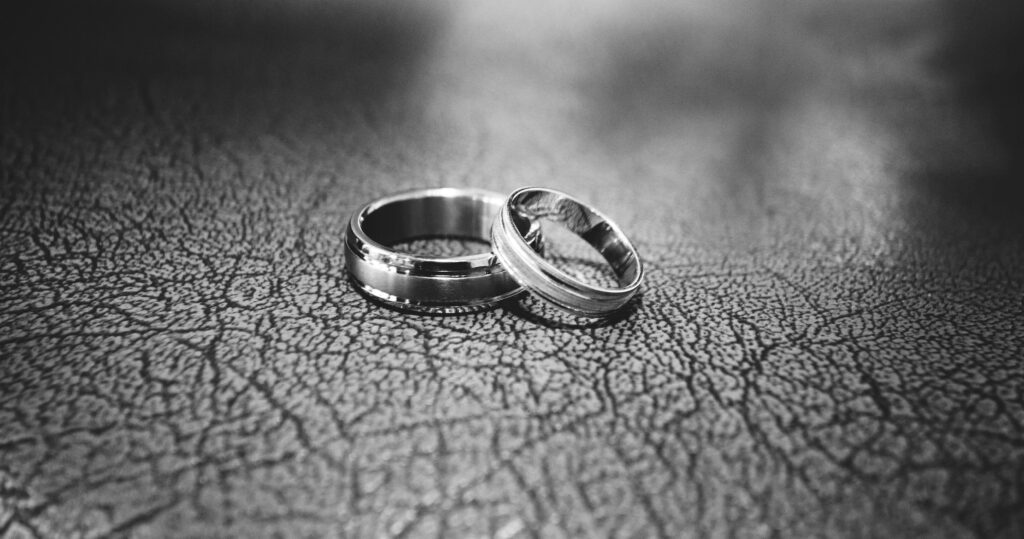If you’re in Colorado and wondering whether a committed relationship qualifies as a legal marriage—even without a ceremony—this guide clarifies everything. From how common law marriage is formed, to its rights and implications under Colorado law, read on for a thorough breakdown.
1. Colorado Recognizes Common Law Marriage
Colorado is among the few U.S. states that legally recognizes common law marriage—effectively treating such unions the same as ceremonial marriages. Since 1877, couples who meet certain criteria are considered “just as married” under law.
These marriages are valid for all legal purposes, including taxes, inheritance, divorce, and benefits. To document a common law marriage, couples may file a signed and notarized affidavit with their county clerk.
2. How to Establish a Common Law Marriage in Colorado
Legal Criteria (Case Law + Statute)
According to the Colorado Department of Revenue, the following must be satisfied:
- Both parties are free to marry (i.e., not already married or closely related).
- They hold themselves out as spouses.
- They cohabit at the same permanent address.
- They have a reputation in the community as being married.
Colorado case law adds depth to this standard. In People v. Lucero (1987), the Supreme Court outlined a three-part test:
- Cohabitation
- Mutual agreement to be married
- Conduct indicating mutual agreement
But in 2021, Colorado’s Supreme Court refined that approach in several cases. The modern test focuses on whether couples had a shared intent to be married, and whether their conduct reflects that commitment—rather than rigid requirements like cohabitation or public display.
Additional Statutory Requirements
Per C.R.S. §§ 14-2-109.5 and 14-2-110, couples must also:
- Be 18 years or older
- Not be married to someone else
- Not be closely related (unless allowed by tribal customs)
3. Common Misconceptions & FAQ
Does living together for years make you married?
No—cohabitation alone doesn’t do it. Courts examine intent and presentation beyond just shared housing.
Is a written affidavit enough?
Not always. While helpful, courts evaluate all evidence contextually—including finances, shared names, joint accounts, public references, etc.
Can a common law marriage formed in Colorado be recognized elsewhere?
Yes—other states must honor Colorado common law marriages if they are valid under Colorado law.
What if a same-sex couple considers themselves married before legalization?
Colorado retroactively recognizes valid common law marriages of same-sex couples dating from before legalization.

4. Legal Rights & Consequences
Benefits of being common law married:
- Inheritance: Spouses gain rights similar to licensed spouses, including intestate succession and elective shares.
- Spousal privileges: Legal protections cover testifying, confidential communications, and estate matters
- Divorce required: Ending a common law marriage requires legal divorce, with the same asset division, custody, and support rules.
Important to note:
Incorrectly denying a valid common law marriage—e.g., when one partner previously used the other’s name or claimed marital benefits—can have legal ramifications, including potential fraud.
5. Community Insights
On Reddit, one user warned:
“In Colorado, you don’t have to live with them; if you present yourself as married, you are married.”
That anecdote highlights how Colorado courts weigh representation and intent—sometimes more heavily than technical formalities.
Summary Table
| Element | Requirement in Colorado |
|---|---|
| State Recognition | Yes — valid since 1877 |
| Essential Elements | Consent to marry, conduct demonstrating marital intent |
| Additional Statutory Conditions | Age (18+), not currently married or blood-related |
| Public Factors to Show Intent | Cohabitation, community reputation, joint finances |
| Same-Sex Recognition | Retroactive marriage recognition permitted |
| Legal Rights Granted | Inheritance, spousal privileges, tax filing, divorce rights |
Concluding Remark
Common law marriage Colorado allows couples who truly consider themselves committed to be treated equally under the law—even without a license or ceremony. If you believe your relationship may qualify—or simply want peace of mind—consult a family law attorney. They can help you assess your evidence and advise on next steps, whether for estate planning, benefits, or future legal protections.


